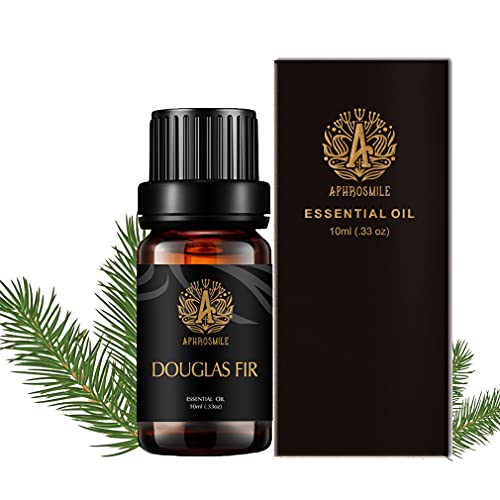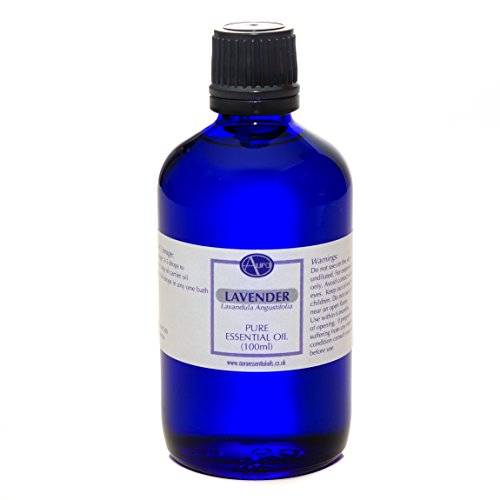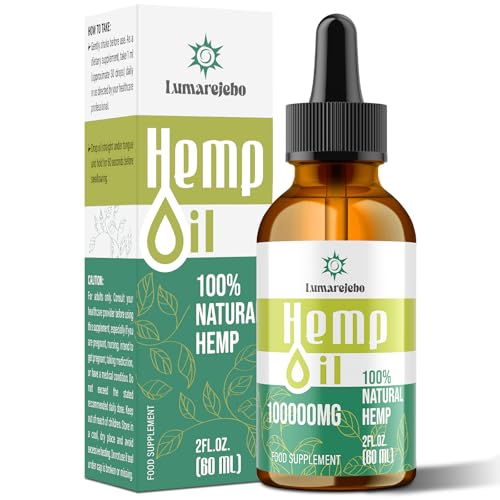Understanding Douglas Fir Oil: What is it and How is it Extracted?
Introduction to Douglas Fir Oil
Douglas Fir Oil is a natural essential oil derived from the needles, twigs, and wood of the Douglas Fir tree. Known for its invigorating scent that resembles fresh pine forests, this oil is increasingly popular in aromatherapy and natural wellness. Extraction typically occurs through a process called steam distillation, where steam is passed through the plant material to release the oil trapped in the cells. This method maintains the purity of the oil, ensuring that you receive all of its beneficial properties.
The Extraction Process
During steam distillation, the Douglas Fir branches and needles are placed in a distillation apparatus. As the steam rises, it carries the volatile compounds with it. Once cooled, the steam condenses back into a liquid, which separates into water and essential oil. The oil is then collected, filtered, and packaged for various uses. This careful process is essential in preserving the fresh, woody aroma and therapeutic properties of Douglas Fir Oil.
Benefits of Douglas Fir Oil: Why You Should Consider It
Physical and Emotional Wellbeing
Douglas Fir Oil is celebrated not just for its refreshing fragrance but also for its myriad of health benefits. It is known to support respiratory health, making it a great addition to your wellness routine, especially during cold and flu seasons. The oil’s comforting aroma can help in reducing stress and anxiety, creating a calming atmosphere in your home. Its uplifting scent is often used in aromatherapy to promote relaxation and enhance mood.
Natural Cleaning Properties
Another significant advantage of Douglas Fir Oil is its antimicrobial properties. This makes it an excellent ingredient for natural cleaning solutions. When added to homemade cleaning products, it can help eliminate bacteria and viruses, providing peace of mind when maintaining a healthy living environment. The unmistakable scent also lingers, leaving your home smelling like a tranquil forest.
How to Use Douglas Fir Oil: Practical Applications for Your Home
Aromatherapy
Incorporating Douglas Fir Oil into your daily routine can be simple and enjoyable. For aromatherapy, a few drops in a diffuser can fill your space with its invigorating scent, promoting a refreshing atmosphere. Alternatively, you can add it to your bath for a relaxing soak or blend it with a carrier oil for topical application. Always perform a patch test before applying it directly to your skin.
Cleaning and Household Uses
For those looking to harness its cleaning properties, dilute a few drops of Douglas Fir Oil in water or mix it into your preferred natural cleaning solution. Use it to wipe down surfaces or freshen up fabrics. Adding it to laundry can infuse your clothes with a clean, woody aroma while providing a boost of antibacterial action.
Choosing the Right Douglas Fir Oil: Factors to Consider Before Purchasing
Purity and Quality
When selecting Douglas Fir Oil, quality and purity should be your top priority. Look for oils that are 100% pure and natural, without any synthetic additives or fillers. The packaging should clearly state the botanical name of the plant, which helps ensure it is indeed Douglas Fir Oil.
Sourcing and Distillation Practices
Understanding the sourcing and distillation methods used by the manufacturer can also provide clarity on the quality. Oils that are harvested sustainably and distilled in a manner that preserves their natural properties are generally preferable. Researching brands and reading customer reviews can be helpful in making informed decisions.
Where to Buy Douglas Fir Oil: Finding Reliable Sources
Trusted Retailers
When it comes to purchasing Douglas Fir Oil, we recommend shopping from reputable retailers that specialise in essential oils. Many health food stores carry high-quality essential oils, while several online vendors offer extensive selections. Ensure that they provide detailed information about the oil’s origin, extraction method, and usage recommendations.
Direct from Producers
You may also consider purchasing directly from producers or small-batch makers. This can often lead to a better understanding of the product and its production process. Many artisanal brands pride themselves on sourcing sustainable ingredients and may offer transparent insights into their distillation practices, allowing you to make a conscious choice.
















